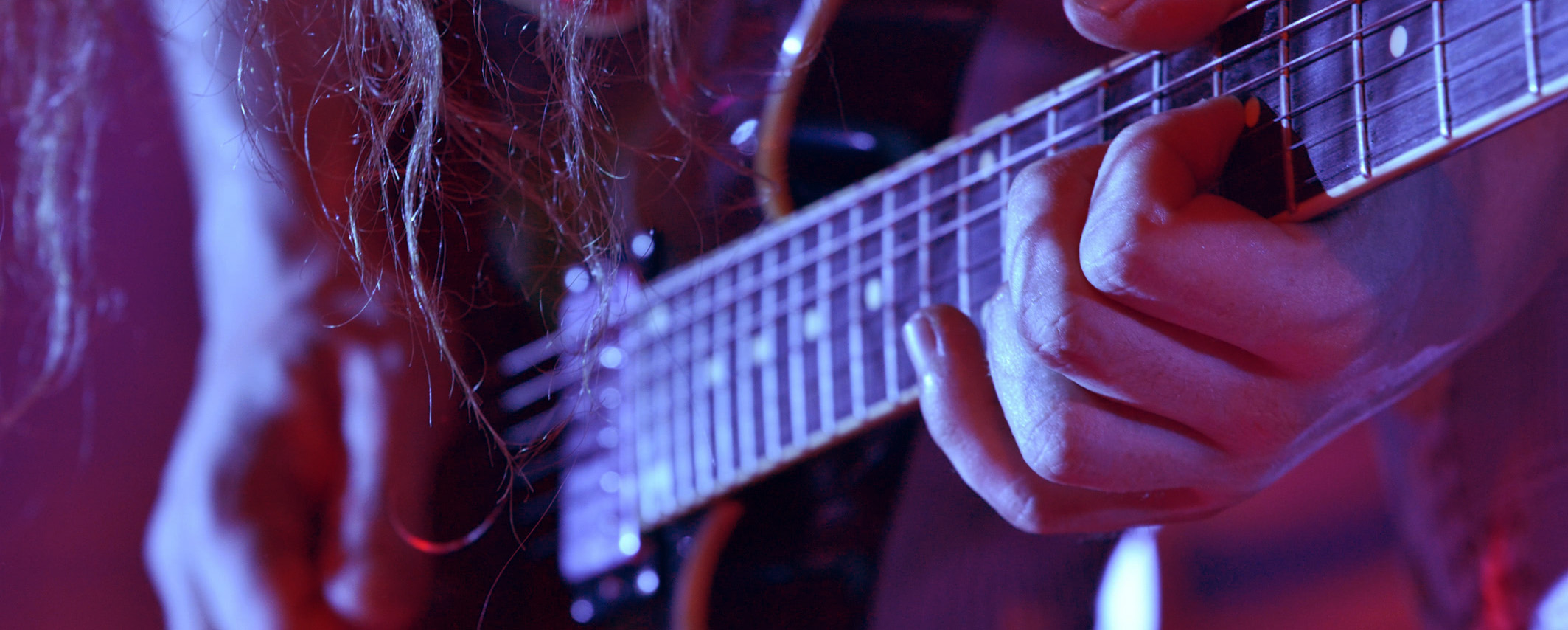
All Gi Plus Courses
107
courses
Here is the complete range of guitar courses that featured on Gi Plus